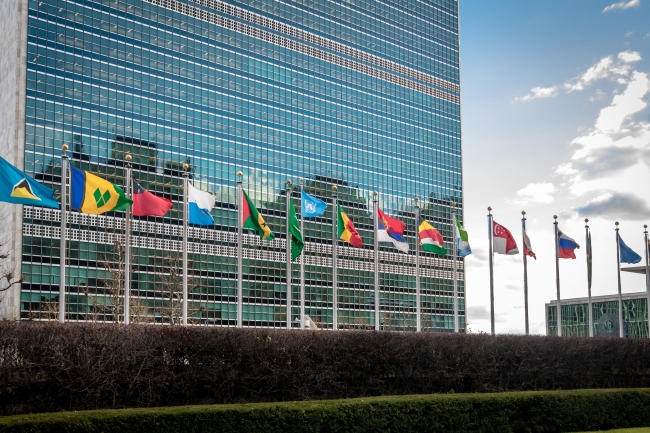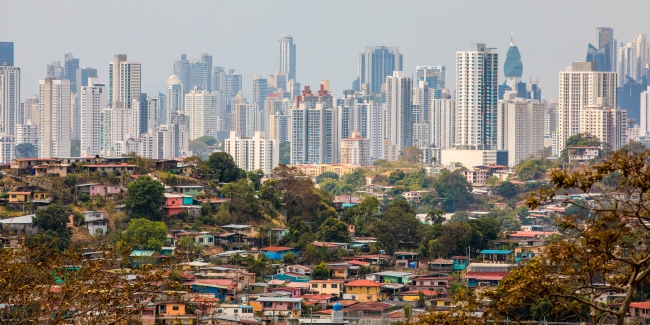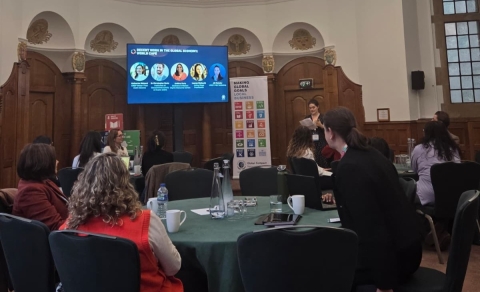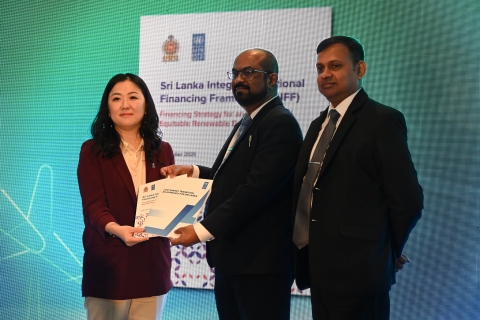UNDP Report Reveals Critical Policy Reforms Needed to Unlock Private Capital for Sustainable Development
08 NOVEMBER, 2024

A new report released today by the United Nations Development Programme (UNDP) outlines key policy reforms needed to mobilize private capital for sustainable development. The report emphasizes that without timely action, the world may struggle to achieve the UN Sustainable Development Goals (SDGs). It advocates for a shift towards an 'impact economy' where investments generate both financial returns and measurable sustainable development outcomes.
The report, titled Policy Momentum for an Impact Economy: An Analysis of Policy Gaps Emerging through the Development of SDG Investor Maps, draws insights from over 1,000 stakeholders across 43 countries. It leverages UNDP's SDG Investor Platform to identify key policy barriers hindering private investment in critical sustainable development sectors.
The report identifies significant policy gaps in crucial sectors including renewable resources, alternative energy, agriculture and allied sectors (food and beverages), and infrastructure. It also reveals untapped potential in health care and education, where targeted reforms could dramatically improve access to essential services and enhance human capital in developing countries.
Sebnem Sener, Head of UNDP's Private Finance for the SDGs, emphasized the report's critical findings: "Our analysis reveals a pressing need to embed sustainability as a standard consideration in all policy decisions. By doing so, we can drive systemic change in how governments engage with the private sector, potentially unlocking billions in impact investments aligned with the SDGs."
The report outlines several key areas for policy reform. UNDP is actively collaborating with regulatory bodies and government agencies to integrate Impact Measurement and Management (IMM) into policy design and implementation. The report also advocates for more dynamic policy approaches, highlighting Integrated National Financing Frameworks (INFFs) as valuable tools for countries to expand their SDG policy space.
The report suggests that promoting private sector participation in key sectors can make public spending more efficient, enabling reallocations to critical areas such as disaster response and social services. As the secretariat for the G20 Sustainable Finance Working Group, UNDP’s Sustainable Finance Hub is aligning global investments with sustainability goals and enhancing reporting practices. UNDP also supports national governments in aligning private investment with sustainable development priorities by fostering enabling policy and regulatory environments that influence businesses of all sizes.
Real-world impact is already visible. In Mongolia, for instance, efforts are underway to expand the country's green taxonomy to an SDG finance taxonomy, enabling the monitoring of over $7 billion in commercial bank loan portfolios for SDG alignment. Another example is the Thailand Securities Exchange Commission (SEC) collaborating with UNDP to drive sustainability mandates. Initiatives include the launch of the SDG Guidebook for Thai Listed Companies, providing decision-making guidance, as well as capacity-building and sustainability data management to embed sustainability into business practices.
Lead author of the report, Devahuti Choudhury, Asia-Pacific Senior Regional Specialist at UNDP’s Private Finance for the SDGs, concluded: "This report provides valuable insights for policymakers worldwide. By addressing these critical policy gaps, we can significantly increase private investment for sustainable development. Timely action is crucial for our shared future."
To download the full report and access additional resources, click here.











